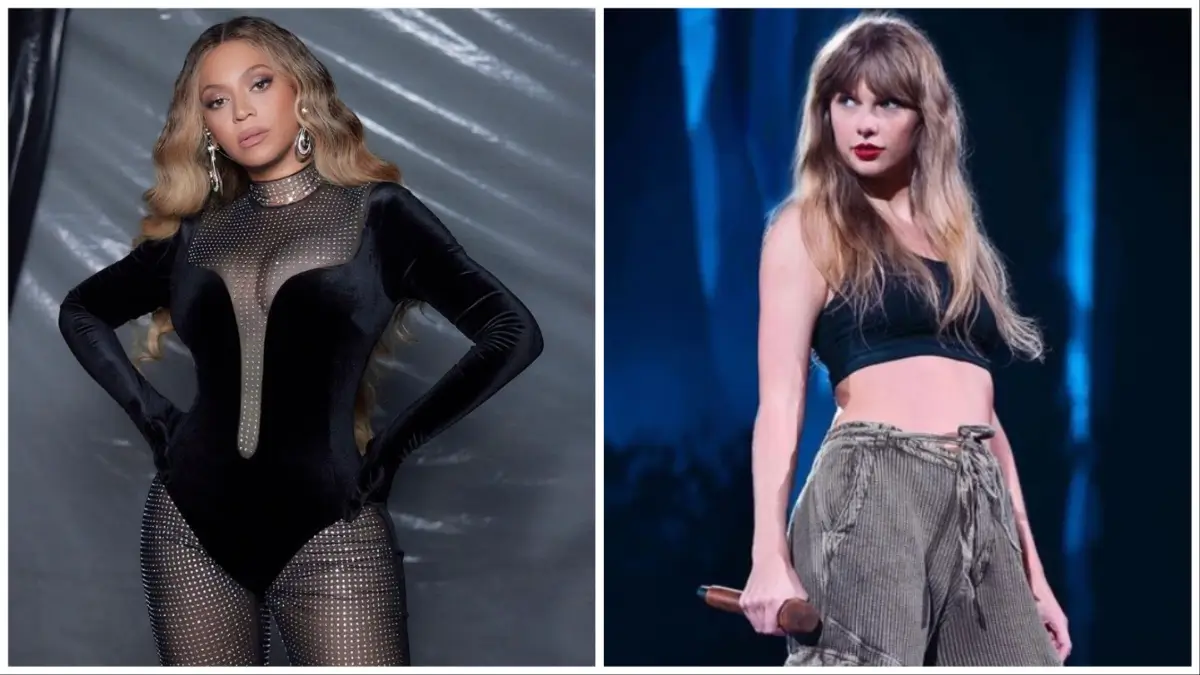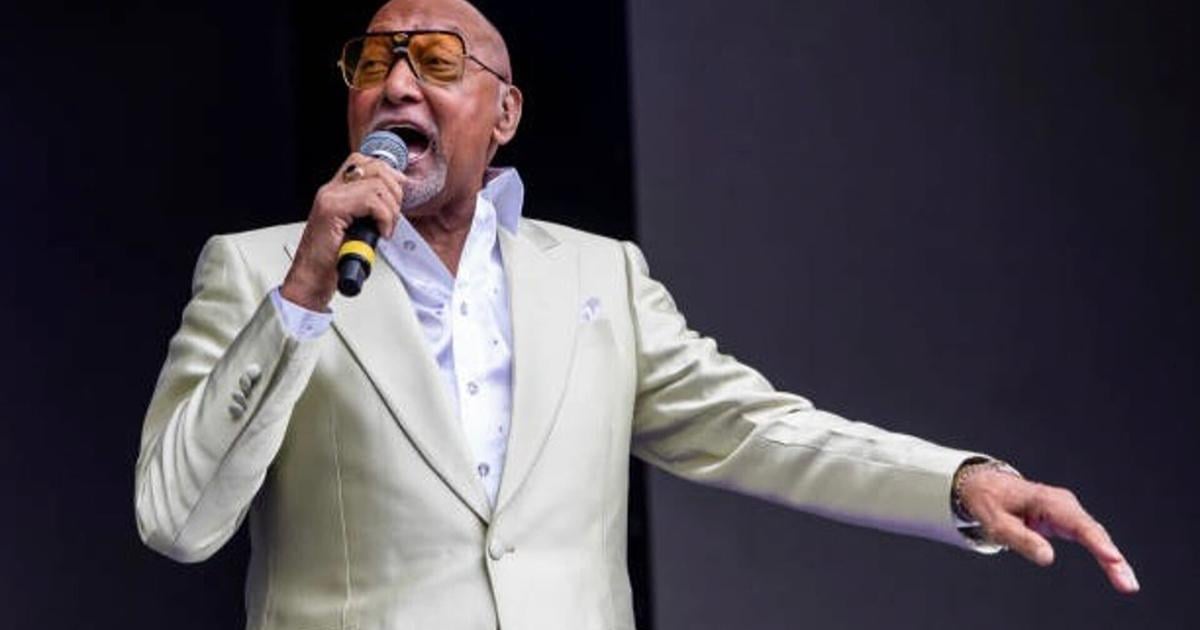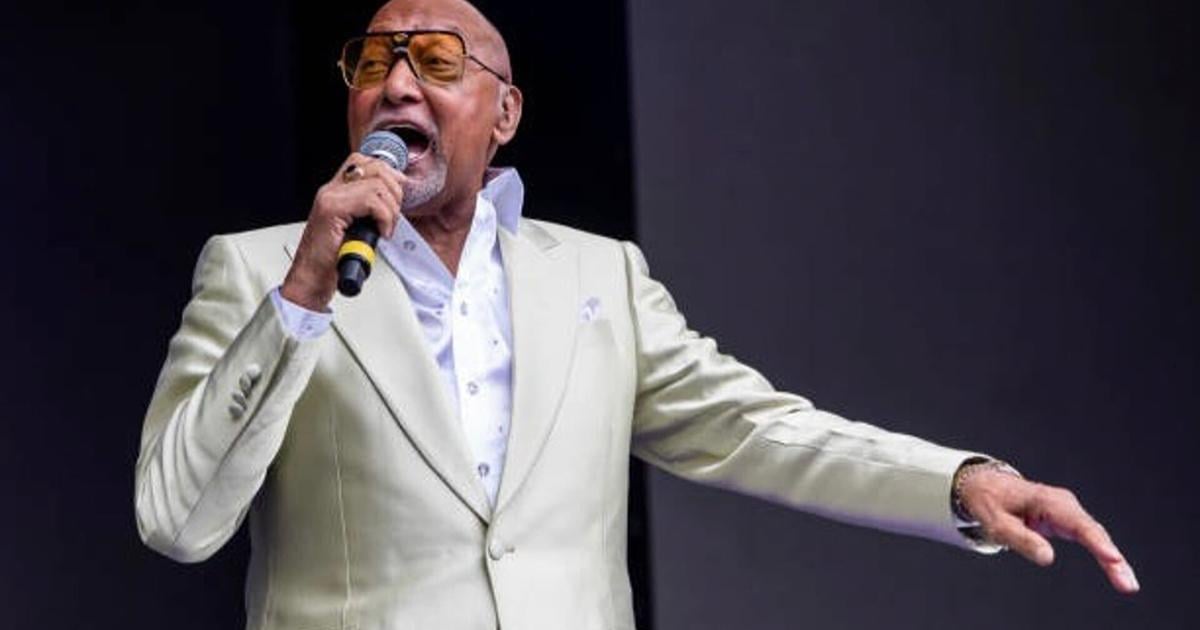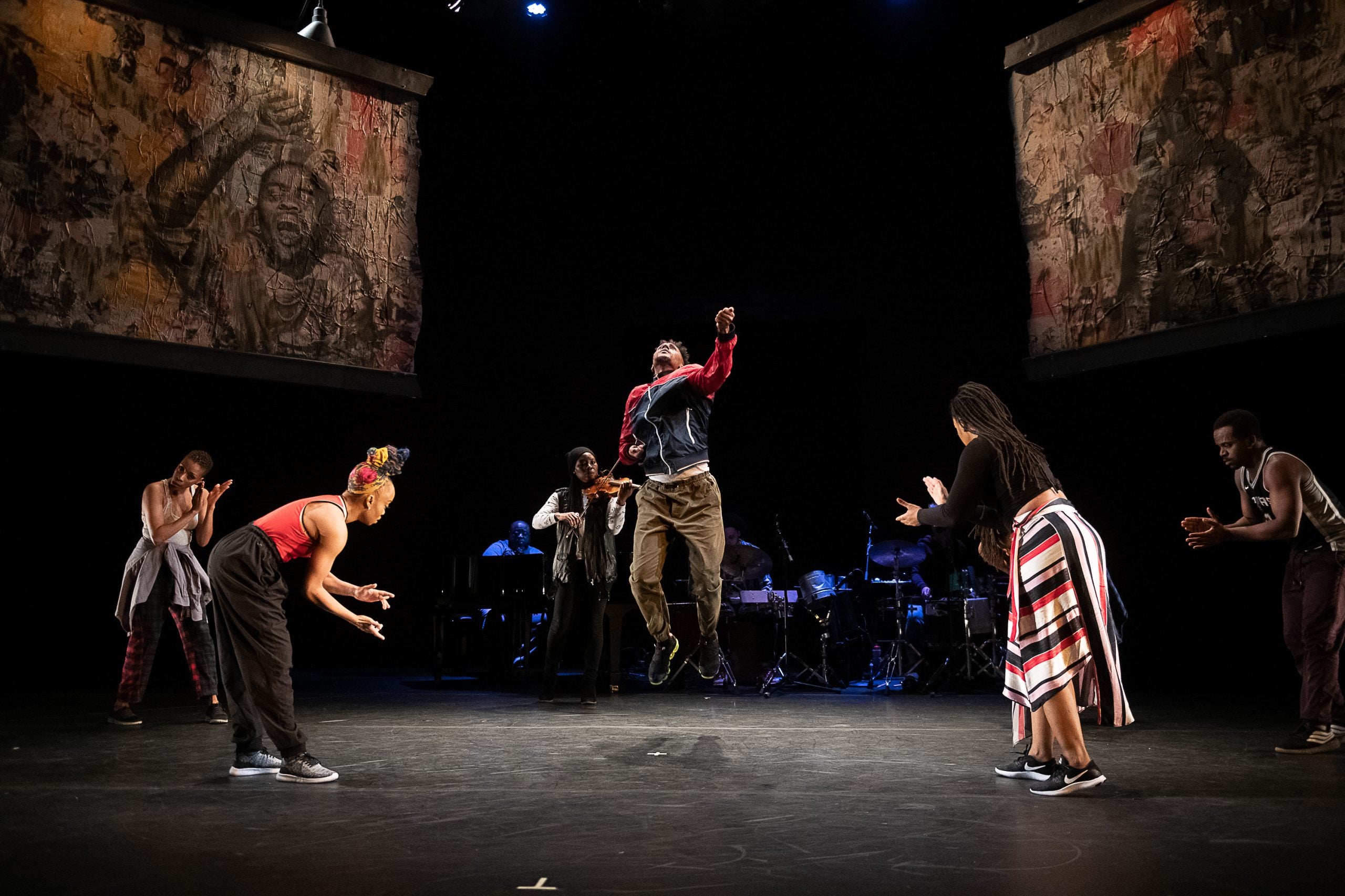
Camille A. Brown and Debbie Allen are kindred spirits, to say the least. The two award-winning dance legends have afforded countless young, Black women with invaluable opportunities, and the tools needed for success in the arts. Allen’s career in entertainment spans over five decades, establishing herself as a true pioneer in her field. In 2022, Brown became the first first Black female to be nominated for a Tony Award as both director and choreographer for a Broadway play in almost 70 years. On January 12 & 13, the iconic duo collaborated to showcase the acclaimed production, ink, at the Wallis Annenberg Center for the Performing Arts in Beverly Hills.
Created in 2017, Camille A. Brown & Dancers: ink, is an exploration of the unheard aspects of Black life, and examines themes such as self-empowerment, Black love, brotherhood, and resilience. Allen, who serves as a board member at the Wallis, felt that it was important to bring Brown’s play to Los Angeles because of the UNCSA graduate’s immense talent, as well as their deep connection.
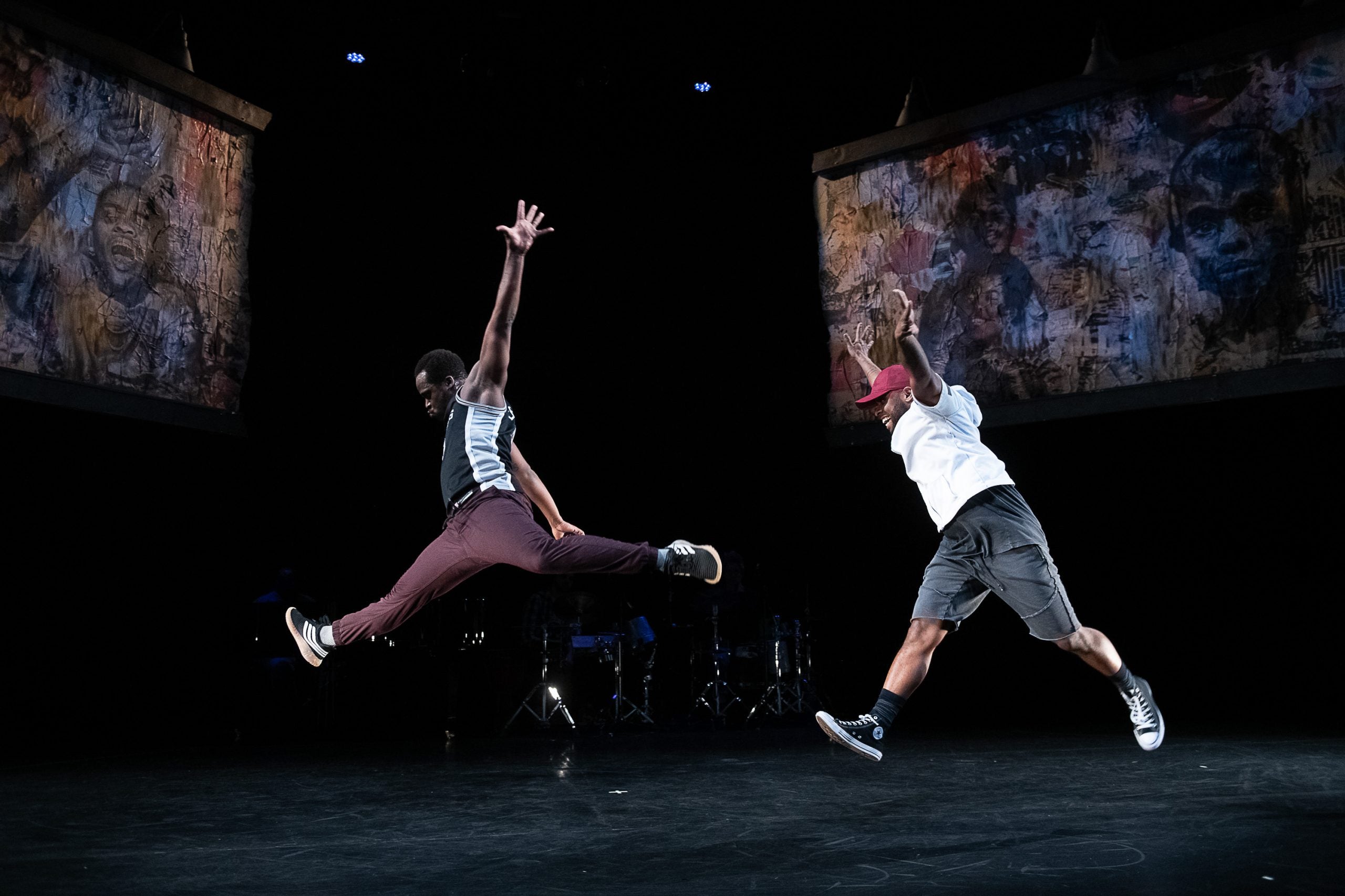
“It’s interesting when you see someone that you feel reflects an aspect of yourself,” Allen explains. “Her energy—just that alone. If I didn’t say anything else, when you think about me, and people think about me dancing, they always think about energy and creativity. But also [Camille] is someone who knows how to reach out and make people feel, and she touches you. I’m really looking forward to seeing this work.”
United by a profound mentorship, Debbie’s impactful guidance played a significant role in the Hell’s Kitchen choreographer’s dance career. Together they will present Los Angeles—and its visitors—with a gift that this heralded city has yet to experience.
Ahead of the premiere of ink at The Wallis, Allen and Brown sat down with ESSENCE to discuss their beautiful partnership, Black women and the craft of dance, goals for the new year, and more.
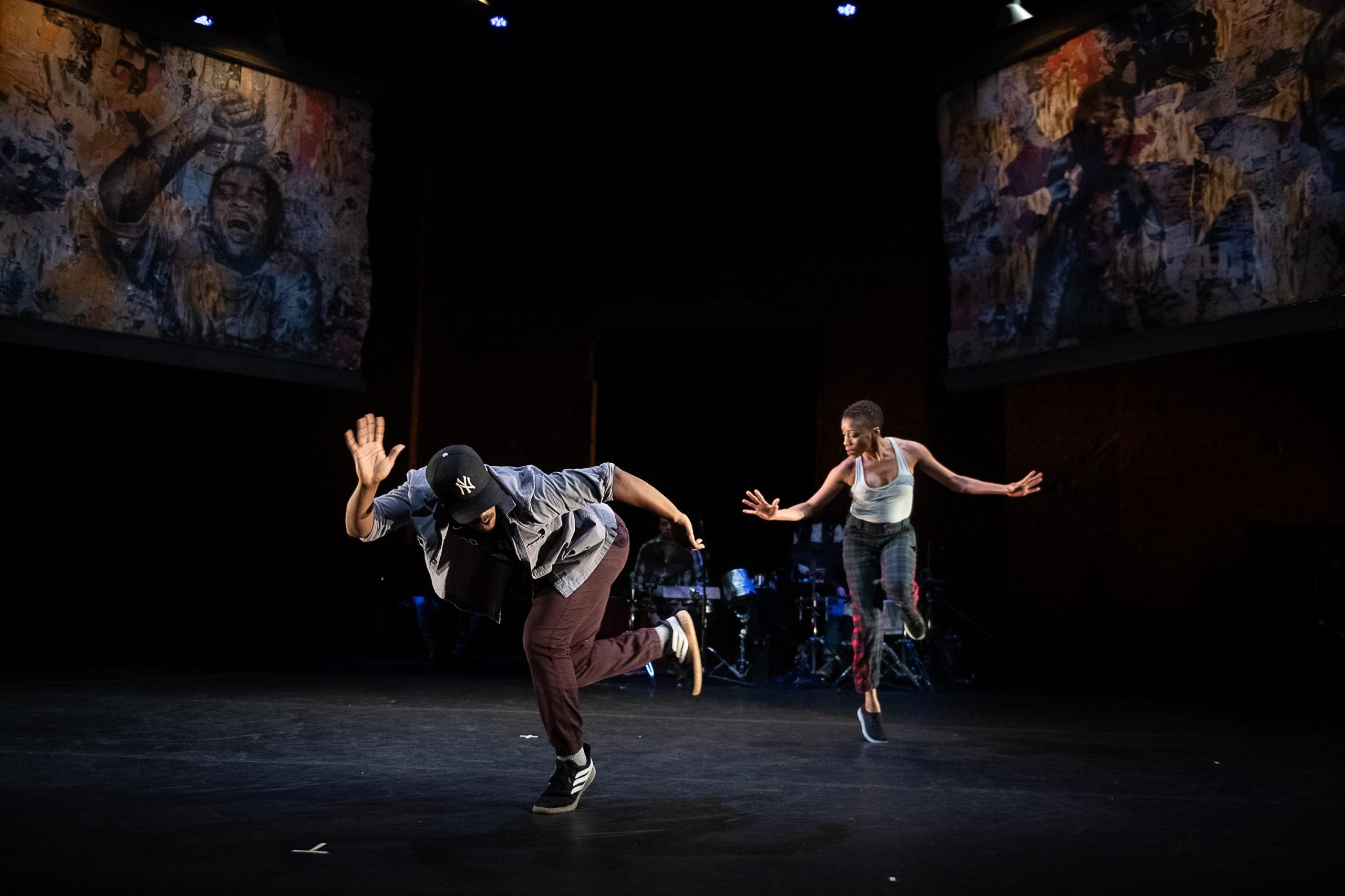
ESSENCE: ink premieres this weekend at The Wallis. Can you speak to me regarding your feelings about being able to give this experience to a new audience?
Camille A. Brown: I think anytime you have an opportunity to share your perspective—it’s wonderful. And then to share it with this community, and also to find out that Debbie Allen is a part of the board at The Wallis. I’m just completely thrilled and honored to be here, and bring a piece that I choreographed back in 2017. So it’s not a new work, but I think it’ll be new to the community that sees it, which is exciting. It’s an amazing feeling.
Since its debut in 2017 have you implemented any changes into the play at all?
Well, the structure is the same, the stories are the same, but the people are different. So since 2017, I’ve had the same cast, and this is the first season that there have been newer dancers stepping into these roles. The roles were crafted to those original people, but that doesn’t mean that the newer people have to stay true to whatever those choices the other dancers did, because my work is about structure, but it’s also about choice-making too. So what you’ll see is the structure of the dance, and whatever the storyline is, but you’ll also see people’s choices, and hopefully people’s identities on stage, which I think is exciting because you get to know who people are without them even speaking.
Why was it important for you to bring Camille’s production to The Wallis in Los Angeles?
Debbie Allen: Because she’s Camille A. Brown, and she is guided like that. She’s one of the most innovative, creative new spirits. When I say new, it’s because people are starting to know her on the West Coast. They’ve known her in New York for a while, but her work speaks for itself, and I actually have been directed by her. I know her work, and I just know we need creativity, and we need new voices in the theater, and in dance, and in the world, and she is one of those. And I’m excited about this work, but also about where she’s going to go. And I hope this will be the beginning of many engagements she’ll have with us at The Wallis. The Wallis is known for their inclusivity. I remember when we brought Alonzo King and LINES Ballet, and that was a big deal. Lula Washington, we welcomed her last year. There’s a lot more work to be done. We’re seated in a kind of a little jewel box in the heartbeat of Los Angeles and Beverly Hills, but we are definitely speaking to the broader community all the time.
Camille, how did you and Debbie connect initially?
Well, I don’t know if Debbie remembers this, but we did a version of Polly. I went to a Bernice Jackson’s dance studio, and we were doing an event for Phylicia Rashad. I was about 11 years old and I remember auditioning for Debbie, and I was so nervous. I was so nervous. And I think they were only picking five young dancers. I think I was the last one to be chosen, and I was just so thrilled and excited. So that’s the very first time that I was connected to Debbie. I don’t know if you remember, Debbie.
I do remember that.
It’s interesting because I’ve been doing it so long, and I’ve had the opportunity to work with so many people as they’ve been children and on their way up—and now they’re flying. Look at [Camille] as one of them. I love that.
Debbie, you have been in the industry for a long time and I wanted to assess your feelings about the representation of Black women in your field currently, as opposed to when you first started?
I’m so happy about it, and I’m glad I have company. I was by myself, but now I look around and there’s so many wonderful people, from Ava DuVernay to Mara Brock Akil to Gina Prince-Bythewood to Morenike Joela Evans, one of our new directors on Grey’s Anatomy. There’s a long list of amazing women now who are getting that opportunity, and they’re in the place to give opportunity. I’m one of those, and I do as much as I can, and that feels really good. We still have a way to go, but we’re climbing up that mountain. We’re going all the way up, honey. Ain’t nobody getting in our way.
Speaking of Black women excelling currently—Camille, in 2022, you became the first Black woman to be nominated for Tony for choreography as well as directing. Did you find it challenging taking on both tasks, or was it less difficult because you kind of had more control over the project as a whole?
I think that whole process changed my life. It was like the Olympics of directing and choreography. I put pressure on myself anyway as a person and the creator, but I felt like there was so much pressure, and I knew that in a sense everybody was watching. I think in that aspect it was more difficult and challenging because I had to shut out the noise, and shut out anything that was challenging, and just focus on the goal. But what was rewarding about it was that, when people ask me what my favorite show to work on, I would have to say For Colored Girls because it did give me the opportunity to direct and choreograph, and to see my vision and what was in my head come to life on stage.
I know that both you and Debbie had challenges early in your respective dance careers. Camille, I wanted to ask what advice would you give to the young Black woman that may aspire to get into this field but doesn’t know how to take the first step?
Well, the first step is believing that you can do it. When people say “no,” you say “yes.” There were a lot of people that felt that, “Oh, you shouldn’t do this,” or “You can’t have a company and you can’t work in theater at the same time. It’s not going to work.” There are going to be people that tell you you can’t. But I think, “Give it a try.” You won’t let the universe decide what is for you. Don’t let other people decide that.
Debbie, you’ve been doing this for so long, and you’re so accomplished in this field. What does dance mean to you?
It’s a very simple thing. Dance is life. And what is life? Life is so many things. It’s energy, it’s joy, it’s pain, it’s all of that. It’s going up, it’s going down. It is moving through time and space and the universe, which is being a celestial body, if you will. To dance is to be.
What have you made your goals for 2024?
I have no idea. I’m going to stay in that world of expressionism and move as the spirit tells me. If there was any goal at all, it would be to take a nap every now and then. It’s just not possible. I just don’t get much personal time, because I’m doing so much between the Dance Academy, Debbie Allen Dance Academy, and the other wonderful things that I do. I just did Mariah Carey’s tour. I have a big movie I’m working on, a big Broadway show I’m working on. It’s just, I guess, I don’t know. The goal would be maybe a little bit of rest, a little more fun.
Camille, how about you?
For me, I’d like to be present in my body how it is now. I wasn’t technically supposed to dance, but we’re in these times where things happen and the show must go on. So, I am dancing at 44, and my friends and my family are telling me to just dance how you are now. Don’t try to do what you did and recreate who you were 20 years ago, live in the now. So that’s what I’m going to work on for 2024. And then what my company has – we have a couple of places that we’re touring.
I’m developing a new work, and it’s called I Am and it’s based off of the TV series, Lovecraft Country. There was an episode called “I Am,” in which one of the characters time traveled, and through her experiences she finally came to naming herself.We’re going to be premiering that in the summer. I’m really excited about that. In terms of my choreography, Hell’s Kitchen is going to be opening on Broadway, April 20th, and it’s music and lyrics by Alicia Keys. I’m the choreographer for that. Soul Train, well it’s called Hippest Trip: The Soul Train Musical, is coming. So that’s exciting. Directed by Camila Forbes and written by Dominique Morisseau. And I am continuing to pursue more directing opportunities in opera, in theater, and all the stuff that she has in store, and I can only hope that I can do half of that. So, I’m really excited by all the things that are coming this year.



